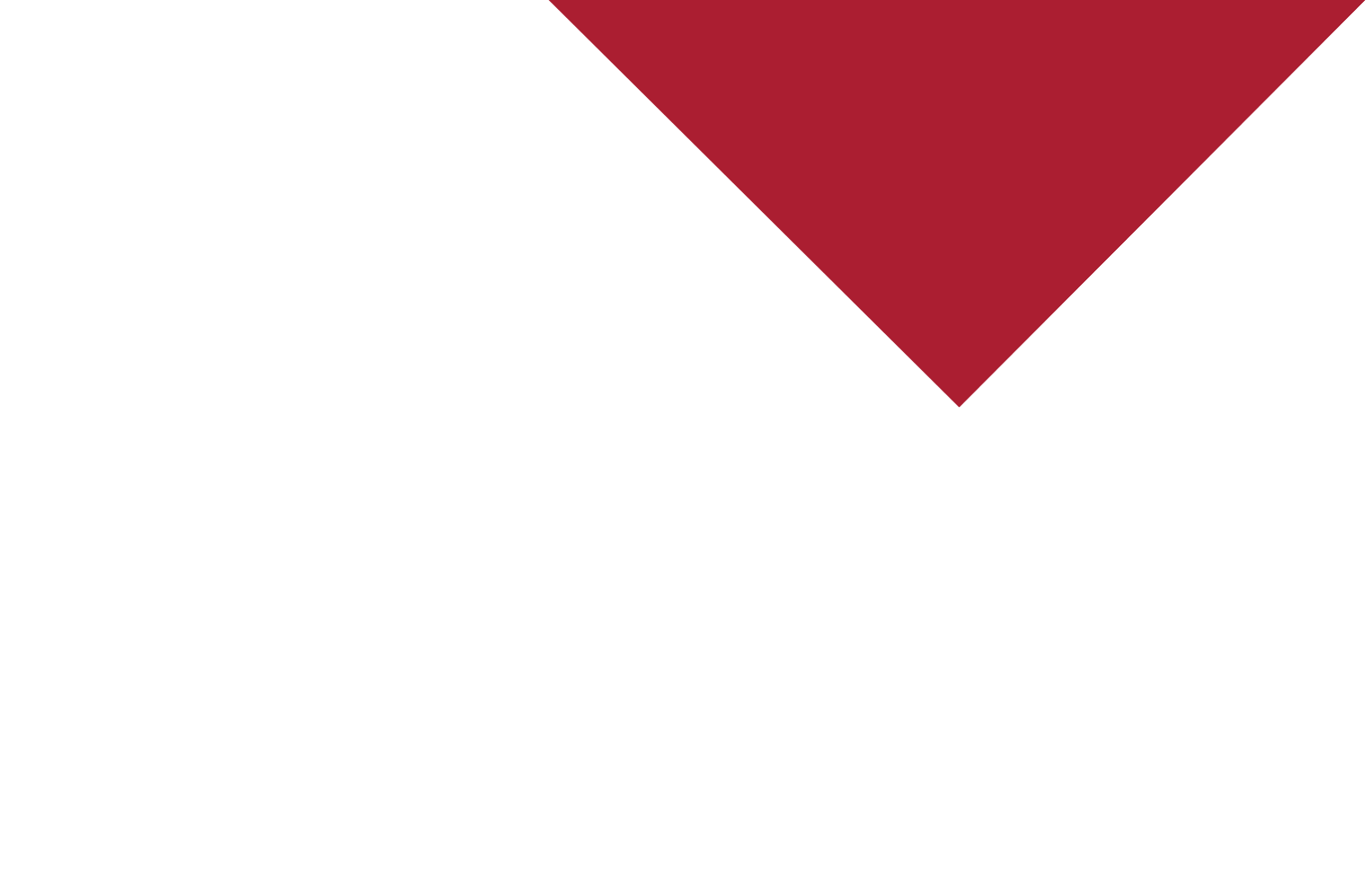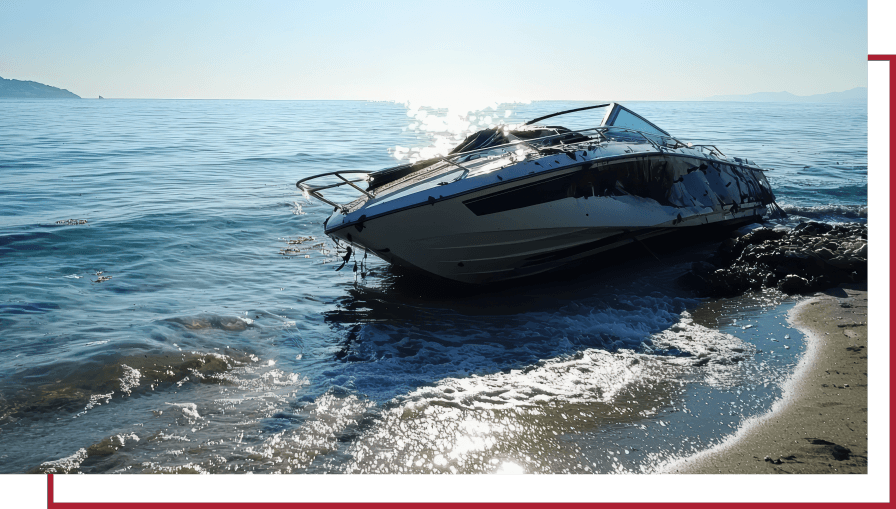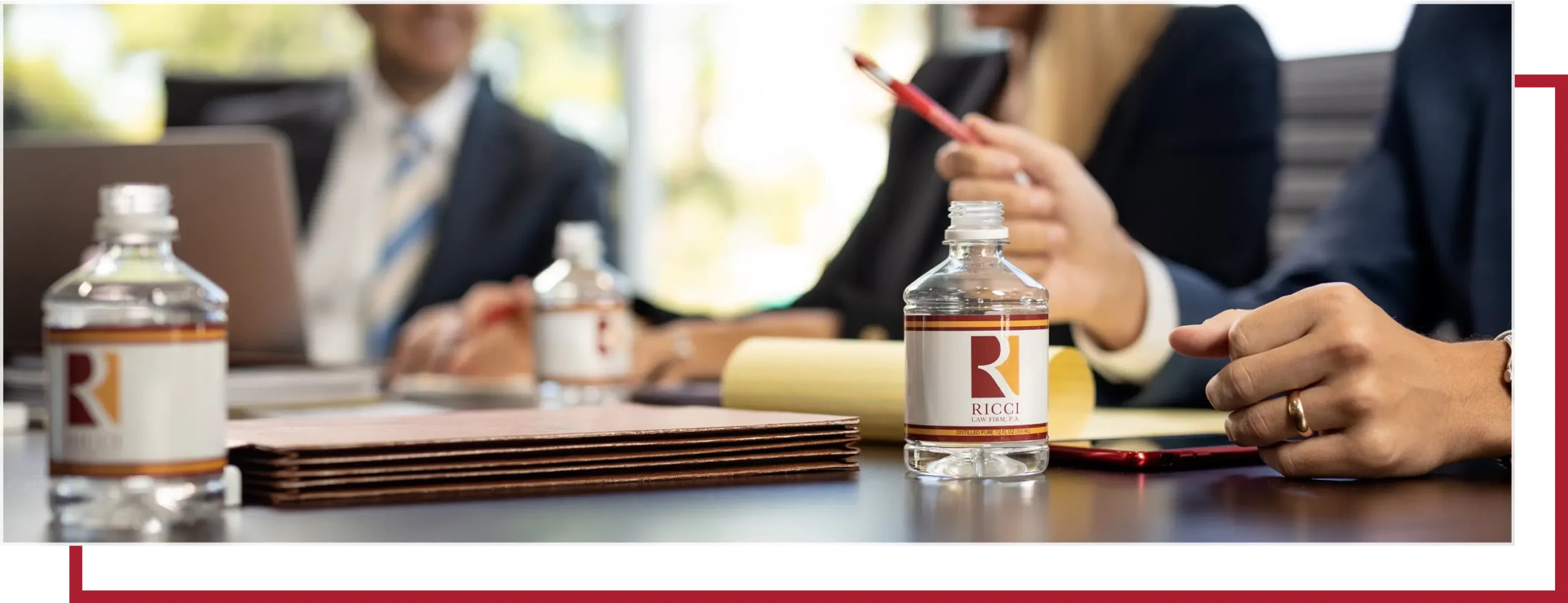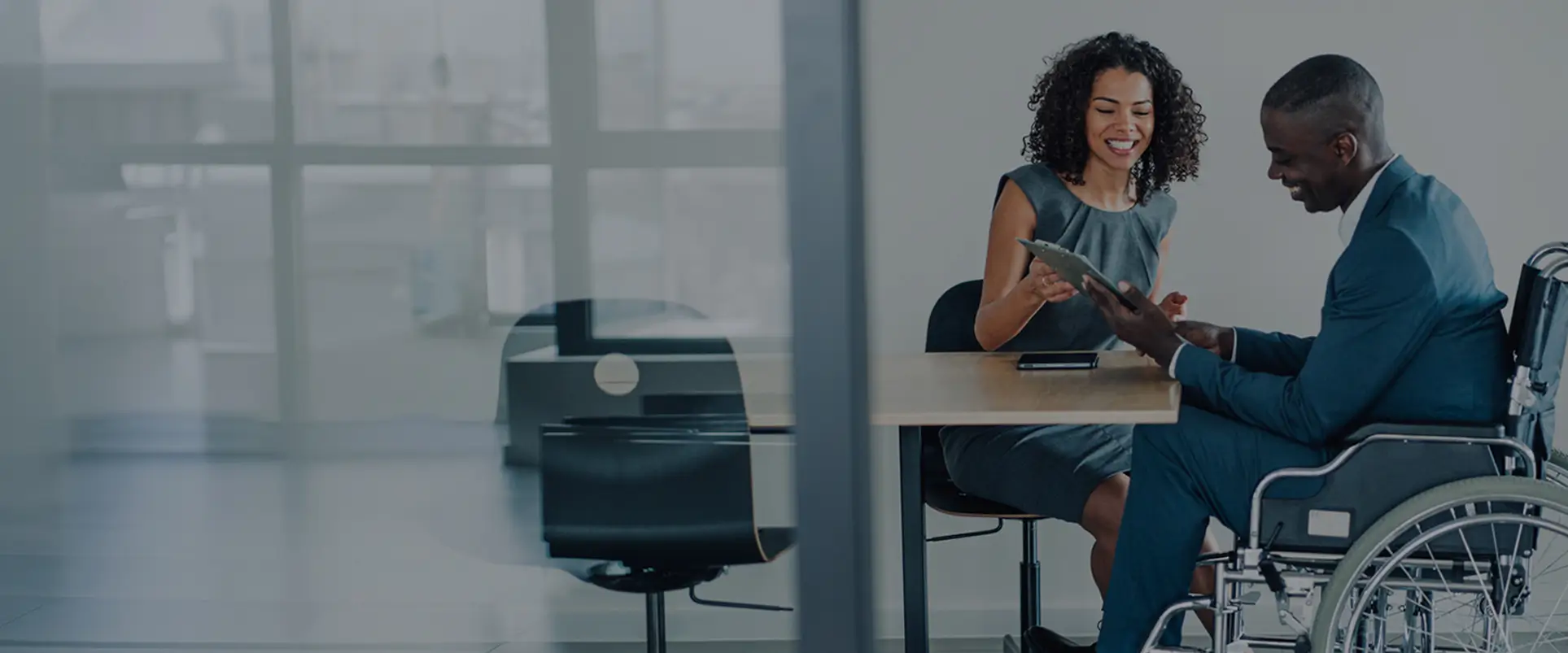
We are in it together

North Carolina Boat Accident Lawyer
Nothing beats a day on the water, the wind blowing through your hair, the sun shining on your skin while the occasional splash cools you off. Boating is a carefree, relaxing activity until you experience a boat accident. They are rare but can be disastrous.
If you have experienced an accident while boating, call a North Carolina boat accident lawyer from the Ricci Law Firm to receive immediate assistance.
Navigating the Complexities of Boat Accident Claims
We represent clients in injury claims arising from boating accidents caused by negligence, including operator errors, equipment failures, or hazardous water conditions. Our team works to secure compensation for medical expenses, property damage, and emotional distress.
Additionally, we pursue third-party liability claims for additional compensation and guide clients through the legal process to ensure they receive the financial support needed for recovery and long-term well-being.
All Related Practice Areas:
Types of Watercraft Operators That We Represent

Common Types of Boats and Hazards
- Personal Watercraft: Small, fast, and hard to avoid, increasing collision risks.
- Kayaks: Low visibility and prone to capsizing in wakes or bad weather.
- Ski Boats: Water sports can lead to severe accidents.
- Pontoon Boats: Stable but less responsive, increasing collision risks.
- Yachts: Slow to maneuver, posing risks to smaller crafts.
- Fishing Boats: Risky environments and often operated alone.
Boating accidents can occur with any type of watercraft, from personal watercraft like Jet Skis to larger vessels like yachts. Smaller crafts, such as kayaks, are prone to capsizing, while leisure boats like pontoons may lack responsiveness. Work boats and fishing vessels, including trawlers and dinghies, pose unique dangers due to their environments.
If you or a loved one has been injured in a boating accident, Ricci Law Firm’s North Carolina attorneys will investigate your case and fight for the compensation you deserve, leveraging expertise in marine law.
The Most Common Types of Boating Accidents
Boating accidents often involve collisions, flooding, or personal watercraft (PWC) mishaps. Collisions may occur between boats, PWCs, or with fixed objects like docks. Overloading or uneven weight can cause boats to swamp or flood. PWCs, popular for their speed, pose risks due to limited steering when throttling down. Lifejacket use significantly reduces drowning fatalities in accidents, especially in small boats.
Why Boating Accidents Happen
Lots of conditions may contribute to boating accidents. Property can be damaged, and those involved can be injured or even killed, so a boat accident lawyer needs to analyze your case when you have been hurt due to the negligence of others. Below, we will examine some common reasons boating accidents occur:
- Failure to heed warnings about conditions, such as small craft advisories, can lead to tragic consequences.
- Distracted, inattentive boat operators are to blame for many boat accidents on North Carolina waters.
- Inexperienced boat drivers who do not understand how to handle potential obstacles they may encounter are the cause of minor and severe accidents.
- Much like on the road, driving too fast for conditions is unsafe. Just because your boat will do a certain speed does not mean it should.
- Alcohol impairment. Drunk driving poses a probably on the water as it does on the highways.
- Poor maintenance can lead to boating accidents. The steering, fiberglass, hull, bilge pump, and motor can all cause problems that lead to accidents.
- Not understanding how to navigate and the rules associated with navigation leads to trouble.
- Forceful wakes can overturn other boats. Not paying attention to the wake a boat is creating and if it is in an appropriate area to even generate a wake can cause accidents.
- High water levels can hide obstacles, while lower-than-average levels can create them. If you are unfamiliar with the water you are boating on, you can easily fall victim to an accident.
Some accidents on the water are associated with negligence. Suppose you have been injured in a boating accident and are searching the internet for boat accident lawyers. In that case, the legal team at the Ricci Law Firm can help you determine how to recover compensation for your injuries and property damage.
Types of Injuries Sustained in Boating Accidents
Most boating accidents do not end in fatalities. Different boats are typically involved in very different types of accidents. The injuries, of course, will differ depending on what kind of accident occurs and its severity.
Listed below are some of the more common injuries sustained in a boating accident:
- Traumatic brain injuries (TBI)
- Bone fractures, strains, and sprains
- Burns
- Loss of limbs
- Neck and back injuries
- Spinal cord injuries
- Soft tissue damage
- Lacerations
- Hypothermia
- Drowning
- Ligament damage
Injuries due to a boating accident can make life more difficult for the victim and their family. A boat accident can leave you with expensive injuries and life alterations. If you have experienced an accident, your boat accident lawyer can advise you about damages you may be eligible to seek.
Compensation for Boat Accident Victims
Recovery from a boat accident can be lengthy and arduous. Painful injuries, costly medical costs, missed work, and lost income, can make it challenging to keep your head above water.
Economic Damages
A boat accident attorney can help you sort out your financial situation by explaining to you the compensation you may be eligible for. Listed below are possible economic damages you may be permitted to recover:
- Medical expenses, including ambulance travel, emergency room costs, hospital stays, medical tests, surgeries, procedures, prescriptions, and doctor’s appointments
- Loss of income due to missed work
- Travel costs to and from medical professionals
- Loss of future income
- The cost of altering your home includes adding ramps, raised toilets, zero-entry showers, handrails, guardrails, and lifts.
- Medical equipment costs for things like wheelchairs, hospital beds, crutches, and walkers
- Physical, occupational, and psychological therapy
Economic damages are far easier to assign a monetary value to. But, they are not the only damages a boat accident victim seeks. The accident victim may also be eligible to pursue the noneconomic damages listed below.
Non-economic Damages Following a Boat Accident
Following a boat accident, you may experience damages that are harder to assign a monetary value. There is not a clear bill or cost attached to them, but your boat accident attorney in North Carolina can help you determine how much they are worth for your claim. Listed below are some of the noneconomic damages you may be entitled to:
- Pain and suffering, while hard to quantify financially, are one of the most challenging parts of recovering from a boat accident.
- Loss of enjoyment of life is genuine damage that victims of boating accidents suffer when their injuries are severe, and they are no longer able to enjoy the things they once did.
- Emotional distress manifests itself in various ways, such as post-traumatic stress disorder (PTSD), panic disorders, depression, and anxiety.
- Loss of consortium applies to the spouse or partner of an accident victim. After a serious injury, the spouse may be owed damages for how it has changed their life, loss of financial support, protection, companionship, sexual relations, or the ability to have children together.
- Scarring and disfigurement can require multiple surgeries and treatments and can take a psychological toll on the sufferer. At times, they may place new limits on the accident victim’s life.
Boat Accident FAQs
Boat accident claims can be complex, with numerous legal challenges that can feel overwhelming, especially while recovering from injuries and dealing with the aftermath of an accident.
To assist you, we’ve compiled answers to some of the most common questions our clients have about boat accident cases in North Carolina. Read on to understand your rights and explore your options for compensation.


When a Boat Accident Has You Drowning in the Aftermath, Ricci Law Firm has a Lifeline.
We understand the trauma our clients have experienced after sustaining injuries due to the carelessness or negligence of others. North Carolina’s coast, lakes, and streams are meant to be enjoyed, not to cause pain. Our job is to build the most robust case for our clients and to help them navigate the sea of insurance claims and negotiations so that our clients receive the maximum compensation.
Reach out today for a free consultation with one of the NC boat accident attorneys with Ricci Law Firm.


